
.
Yet again, Ethiopians in many parts of the country have endured unspeakable cruelty and violence for no reason other than their perceived identities.
A regrettable outcome of a struggle between nationalist elites for political power, many suffered in the hands of angry mobs; federal officials have admitted having recorded the sad deaths of 78 people in a recent spat of barbaric acts. Thousands have been displaced from their homes since, unable to get the fundamental protection the state is duty-bound to provide.
The whole concept of the modern state is based on the social contract that citizens give their consent on the understanding that those who take the mantle of leadership assert law and order, while the lives and property of citizens are protected.
Citizens bestow the legitimate monopoly of coercion, the legitimate use of force, on the state and no other authority; they accept to rely on a quick call to law enforcement as their only defence against unlawful attacks. It goes without saying that the function of any government is protecting citizens from violence from each other or external forces.
When a government fails in this most fundamental constitutional duty of its responsibilities, citizens are condemned to live in perpetual uncertainty, anxiety and unrest. It is no longer life under a predictable rule of law but the state of nature. The existence without a state where violence becomes private and regular.
To say that Prime Minister Abiy Ahmed’s (PhD) administration gets a poor grade in this is an understatement. If there was any doubt before, the events of the last couple of weeks have settled all argument for most people. Citizens who were subjected to such savage acts were not in areas remote and far from the reach of law enforcement. Many were in towns, some as close as in the outskirts of the capital.
One of two things must have happened. Either there is no state and its structures ought to have collapsed in many parts of the country or its agents (local administrators, police officers, and militias) assigned to these areas were complicit in the perpetual violence.
Yet the reaction from regional and federal authorities, including the Prime Minister and many of his supporters, does not convey that they are feeling the despair and anguish a failure of such proportion should cause leaders of government. The exception is the President, Sahle-work Zewdie, who courageously spoke out against the violence.
Ethiopia is a country long ruled by a leftist ideology and a macho culture, both of which acquiesce to a fatalistic acceptance of pain and suffering in a time of revolution. It is not few who are heard in private conversations with remarks that such atrocities are expected of political transitions.
It is terrifying to see the current leadership have a complacent attitude toward the mayhem that has been going on in the country for too long now. They may be too quick to accept it as the price that has to be paid in a time of transition to democracy.
It is depressing, sad and the beginning of a certain tolerance of violence committed against citizens perceived as "them" or "others". It is the first step in a slippery slope on the road to civil war, if not genocide. It results in a defeat without even putting up much of a fight.
Considering the law enforcement structure and capability at the disposal of the Prime Minister and regional authorities, it is hard to imagine that things can fall so out of control. After all, there are a federal police force, a regional police and special forces as well as militia in every federated state and town. There is also the internal security apparatus that has the reach throughout the length and width of the country. It boggles the mind that all these forces are not capable of stopping a few rabble-rousers from committing atrocities right under their nose.
Why? Are these instruments of law and order disbanded? If not, are they complicit? If a city has a chief of police and a squad of officers that are on taxpayers' payroll, how is it possible that they do not do much to stop violent attacks? Why have they chosen to stand by and watch without exerting any effort to stop a level of brutality that should shock any human being? Why are legislators in the federal parliament and region councils mute? Why haven't any of them formed task forces to investigate these atrocities or brought the perpetrators and their instigators before the law?
These questions need to be asked and raised time and again.
Because once people lose their faith in the capabilities of the state and its law enforcement apparatus, and they begin to feel that they have no choice but to organise and arm themselves to defend their lives and property, that is the beginning of the real breakdown of law and order. It is all downhill from there.
It is sliding from a relatively modern state to the natural state: the state of uncertainty, anxiety and unrest. Everyone is left with no choice but to respond to their animal instinct to protect themselves and what they deem to be their group, by any means necessary.
A rupture between the state and citizens opens the way for a whole lot of budding strongmen, and women, who use the offer of protection as their currency to get power and wealth. These conflict entrepreneurs are ruthless operators whose business model demands a constant state of conflict.
The loss of the state’s sovereignty and legitimacy is hard to recover. History shows that vigilante justice may be easy to start, but it sure is hard to stop. And those that proudly state they call the shots to unleash non-state forces may be underestimating the venom they are spreading and overestimating their ability to stop it.
The Prime Minister’s reluctance to avoid relapsing to the old abusive law enforcement methods may have been understandable early on in his tenure. His administration’s argument that patience and restraint are required in a time of transition may have some validity. But when pushed too far, this leads to an unhealthy acceptance of what should be unacceptable by any measure: the privatisation and regularisation of violence.
The repeated occurrence of events - good or evil - desensitises those exposed to it. The death count from the unfortunate tragedies of last week alone is approaching 80 people. It ought to have been shocking and calls for outrage. The response so far has been the usual limp statement that there will be efforts to restore law and order.
This is complacency, and it is terrifying, especially when it comes from the highest echelons of power.
PUBLISHED ON
[ VOL
, NO
]
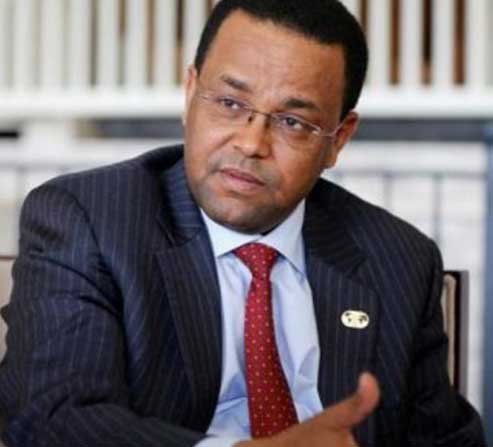
Fortune News | Apr 17,2021
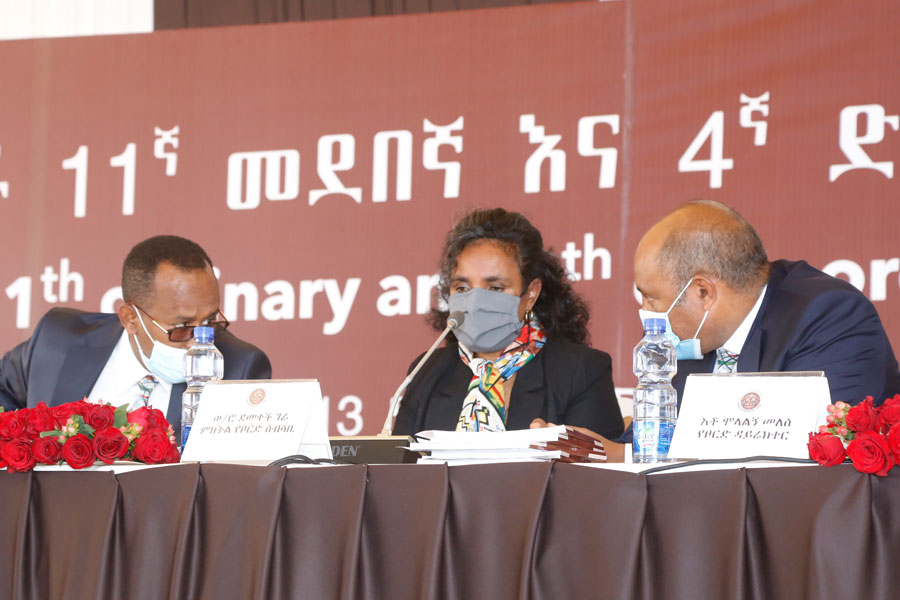
Fortune News | Jan 16,2021

Viewpoints | Apr 02,2022

Commentaries | Feb 24,2024

Commentaries | Jun 08,2024
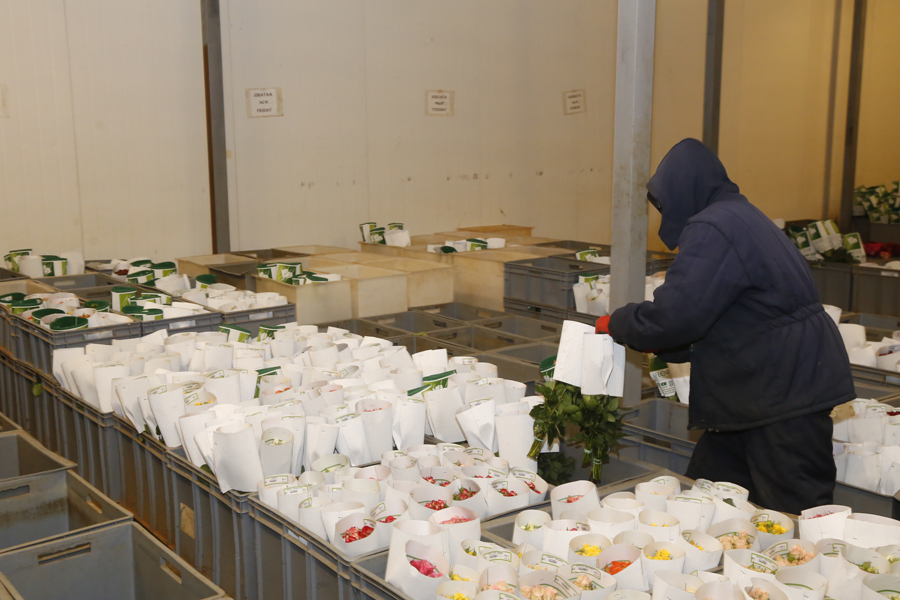
Fortune News | Mar 02,2024
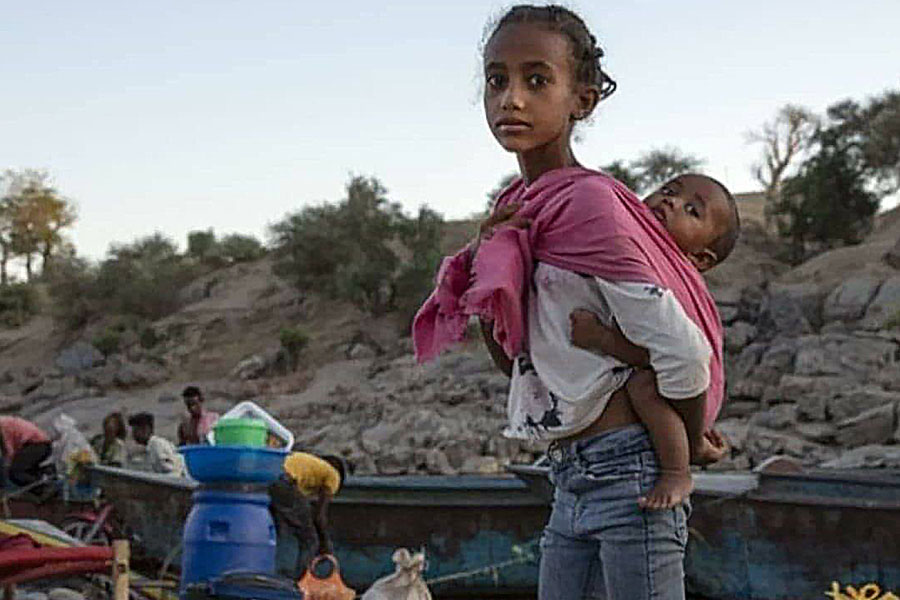
Fortune News | Dec 05,2020

Advertorials | Oct 02,2023
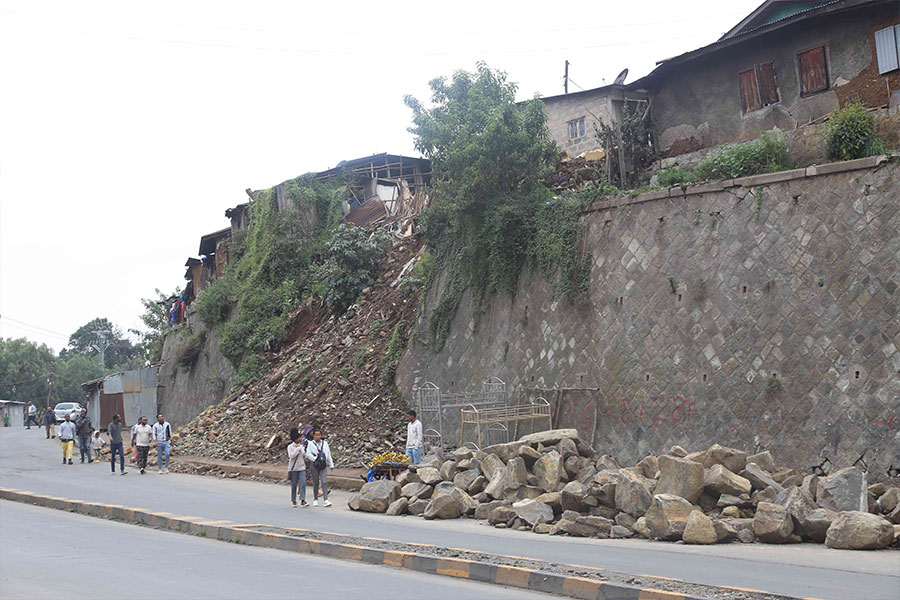
Fortune News | Jul 17,2022

Sunday with Eden | Mar 05,2022

My Opinion | 131673 Views | Aug 14,2021

My Opinion | 128039 Views | Aug 21,2021

My Opinion | 126001 Views | Sep 10,2021

My Opinion | 123622 Views | Aug 07,2021

Dec 22 , 2024 . By TIZITA SHEWAFERAW
Charged with transforming colossal state-owned enterprises into modern and competitiv...

Aug 18 , 2024 . By AKSAH ITALO
Although predictable Yonas Zerihun's job in the ride-hailing service is not immune to...

Jul 28 , 2024 . By TIZITA SHEWAFERAW
Unhabitual, perhaps too many, Samuel Gebreyohannes, 38, used to occasionally enjoy a couple of beers at breakfast. However, he recently swit...

Jul 13 , 2024 . By AKSAH ITALO
Investors who rely on tractors, trucks, and field vehicles for commuting, transporting commodities, and f...

Jun 29 , 2025
Addis Abeba's first rains have coincided with a sweeping rise in private school tuition, prompting the city's education...

Jun 29 , 2025 . By BEZAWIT HULUAGER
Central Bank Governor Mamo Mihretu claimed a bold reconfiguration of monetary policy...

Jun 29 , 2025 . By BEZAWIT HULUAGER
The federal government is betting on a sweeping overhaul of the driver licensing regi...

Jun 29 , 2025 . By NAHOM AYELE
Gadaa Bank has listed 1.2 million shares on the Ethiopian Securities Exchange (ESX),...